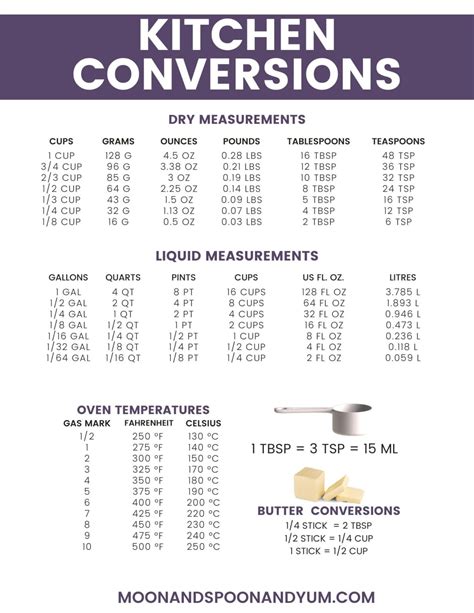How Many Pounds Is 750 Ml
Webtuts
Apr 03, 2025 · 4 min read

Table of Contents
How Many Pounds is 750 ml? A Comprehensive Guide to Liquid Weight Conversion
Understanding the relationship between volume (milliliters, or ml) and weight (pounds, or lbs) is crucial in various contexts, from cooking and baking to shipping and scientific experiments. While seemingly simple, the conversion isn't straightforward because it depends entirely on the density of the liquid in question. This comprehensive guide will delve into the intricacies of converting 750 ml to pounds, exploring the variables involved and providing practical examples.
Understanding Density: The Key to Conversion
The fundamental principle governing the conversion of volume to weight is density. Density is the mass of a substance per unit of volume. It's typically expressed in grams per milliliter (g/ml) or kilograms per liter (kg/l). The formula for density is:
Density = Mass / Volume
To find the mass (and subsequently, the weight), we need to know the density of the liquid. Since different liquids have different densities, a single, definitive answer to "how many pounds is 750 ml?" is impossible without specifying the liquid.
Water: The Benchmark Liquid
Water serves as a common benchmark for density comparisons. At standard temperature and pressure (4°C and 1 atmosphere), the density of water is approximately 1 g/ml. This means that 1 ml of water weighs 1 gram. Therefore, we can use this information as a basis for our calculations concerning 750 ml.
Converting 750 ml of Water to Pounds:
-
Convert milliliters to grams: Since the density of water is approximately 1 g/ml, 750 ml of water weighs approximately 750 grams.
-
Convert grams to kilograms: There are 1000 grams in a kilogram, so 750 grams is equal to 0.75 kilograms.
-
Convert kilograms to pounds: There are approximately 2.20462 pounds in a kilogram. Therefore, 0.75 kilograms is equal to 0.75 * 2.20462 = 1.65 pounds (approximately).
Therefore, 750 ml of water weighs approximately 1.65 pounds. However, remember this is only accurate for water under standard conditions.
The Impact of Different Liquids
The density of liquids varies significantly. For example:
-
Milk: The density of milk is slightly higher than water, typically around 1.03 g/ml. This means 750 ml of milk would weigh slightly more than 750 grams.
-
Oil: Oils generally have a lower density than water, typically around 0.9 g/ml. 750 ml of oil would weigh less than 750 grams.
-
Honey: Honey is significantly denser than water, with a density around 1.4 g/ml. 750 ml of honey would weigh considerably more than 750 grams.
-
Alcohol (e.g., Ethanol): The density of ethanol varies depending on its concentration but is generally less dense than water.
Calculating Weight for Different Liquids
To accurately convert 750 ml of any liquid to pounds, follow these steps:
-
Find the density of the liquid: This information can be found online, in scientific handbooks, or through experimentation. The density is often specified at a particular temperature, so make sure to note this.
-
Calculate the mass in grams: Multiply the volume (750 ml) by the density of the liquid (in g/ml).
-
Convert grams to kilograms: Divide the mass in grams by 1000.
-
Convert kilograms to pounds: Multiply the mass in kilograms by 2.20462.
Example: Calculating the weight of 750 ml of milk (density = 1.03 g/ml):
-
Mass in grams: 750 ml * 1.03 g/ml = 772.5 grams
-
Mass in kilograms: 772.5 g / 1000 = 0.7725 kg
-
Mass in pounds: 0.7725 kg * 2.20462 lbs/kg = 1.70 lbs (approximately)
Practical Applications and Considerations
Understanding the relationship between volume and weight is essential in various real-world situations:
-
Cooking and Baking: Recipes often specify ingredients by volume, but understanding the weight can help with precision, especially when using scales.
-
Shipping and Logistics: Calculating the weight of liquids is crucial for determining shipping costs and ensuring safe transportation.
-
Chemical Engineering and Science: Precise weight measurements are essential for many chemical processes and experiments.
-
Pharmaceuticals: Accurate volume-to-weight conversions are critical in pharmaceutical manufacturing and dosage calculations.
Beyond Simple Conversion: Factors to Consider
While the calculations above provide a good approximation, several factors can influence the accuracy of the conversion:
-
Temperature: Density changes with temperature. A warmer liquid will generally have a lower density than a colder one.
-
Pressure: Pressure can also affect density, although this effect is often less significant than temperature changes.
-
Purity: Impurities in a liquid can alter its density.
-
Measurement Accuracy: Inaccurate volume measurements will lead to inaccurate weight calculations.
Conclusion: The Importance of Knowing the Liquid
In summary, there's no single answer to "How many pounds is 750 ml?". The conversion depends entirely on the density of the liquid. This guide provides a comprehensive framework for calculating the weight, emphasizing the importance of knowing the liquid's density and considering factors like temperature and pressure for greater accuracy. Always consult reliable sources for the density of your specific liquid before performing any conversions. By understanding the principles outlined here, you can confidently perform these conversions in a variety of contexts.
Latest Posts
Latest Posts
-
Change This Fraction Into A Decimal 4 40
Apr 04, 2025
-
How Many Days Until October 9 2024
Apr 04, 2025
-
How Many Tbsp In A Lb
Apr 04, 2025
-
25 Ounces Is How Many Pounds
Apr 04, 2025
-
How Many Quarts Are In 3 Gallons
Apr 04, 2025
Related Post
Thank you for visiting our website which covers about How Many Pounds Is 750 Ml . We hope the information provided has been useful to you. Feel free to contact us if you have any questions or need further assistance. See you next time and don't miss to bookmark.
